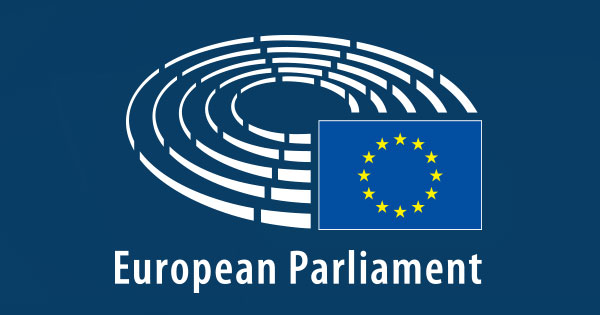On Wednesday, the committees on Civil Liberties and Women’s Rights approved changes to a proposed directive on combating violence against women and domestic violence.
A consent-based definition of rape
Building on the Commission’s proposal for a criminal definition of rape based on the absence of consent, MEPs seek to add fear and intimidation to the list of factors that preclude free decision making. Consent must be assessed considering the specific circumstances, MEPs say. They propose complementary criminal rules on sexual assault (i.e. any non-consensual sexual act that cannot be defined as rape) and call for EU legislation on intersex genital mutilation, forced sterilisation, forced marriage, and sexual harassment in work.
Harsher sentencing rules for perpetrators
MEPs want the list of aggravating circumstances to be expanded to include:
- a victim’s residence status, pregnancy, distress, being a victim of trafficking, or living in retirement, children, or asylum seeker facilities;
- particularly inhuman, degrading or humiliating acts;
- offences resulting in the death or suicide of dependants;
- crimes committed against a public figure, including journalists and human rights defenders;
- seeking to generate profit or gains;
- intent to preserve or restore “honour”; and
- intent to punish victims for their sexual orientation or other attributes of their identity.
Online violence and harassment
The draft report also deals with online forms of violence and harassment. MEPs demand an expanded definition of “intimate material” that may not be shared without consent, to include nude images or videos not of a sexual nature. Revealing personal data in this context without consent should be punished, and economic harm should be taken into account. Sending unsolicited material depicting genitals should be classified as cyber harassment, MEPs add.
Better support for victims
Member states must guarantee free legal assistance to victims, in a language they understand, gather evidence as quickly as possible, and provide them with specialised support. Victims of cyber violence should have access to specialised assessments to identify their protection needs, according to MEPs.
Quotes
Frances Fitzgerald (EPP, Ireland), lead MEP for the Women’s Rights and Gender Equality Committee, said: “Non-consensual sex, i.e. rape, must be included in any Directive on Violence Against Women. With the rates of violence against women continuing to increase after COVID-19, it would be incomprehensible to women to hear from their governments that rape cannot be included in legislation to combat this horrific phenomenon. Parliament will stand up for women’s rights to be safe anywhere in Europe – we call on the member states to do the same.”
Evin Incir (S&D, Sweden), lead MEP for the Civil Liberties, Justice and Home Affairs Committee said: “With this historic directive, we are unleashing a powerful force for change. Women’s bodies are not up for grabs, and we refuse to tolerate any violation of their autonomy and dignity. It is time to go from words to action in defence of women and girls across our Union. Our position is clear; the member states must know that there cannot be a directive without paragraphs on consent. Only a yes is a yes!”
You can watch video statements by the co-rapporteurs here.
Next steps
The draft report was adopted with 71 votes in favour, 5 against, and 7 abstentions, while the draft decision to enter into interinstitutional negotiations was approved with 72 votes in favour, 6 against, and 5 abstentions.
Talks with the Council on the final form of the legislation will start once the draft negotiating mandate is endorsed by the full House –expected during the 10-13 July plenary session. Member states agreed on their position on 9 June.










































Discussion about this post